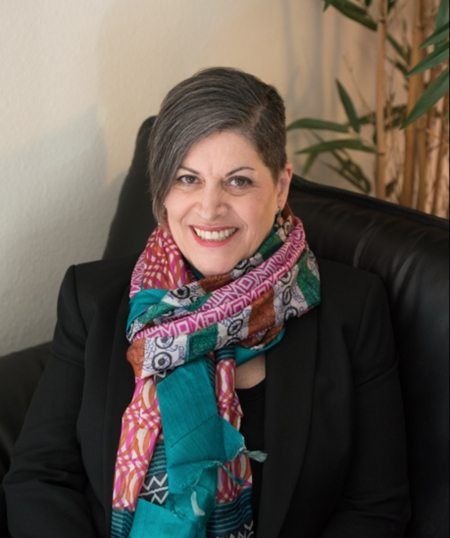Are you confused by the title of this post? You aren’t alone. But if you are going to treat couples as a sex therapist, then you need to know about triads (three people in a sexual relationship), quads (four people in a sexual relationship) and poly (multiple people who may, or may not all be in a sexual relationship with one another).
I’m not talking about a threesome, where a couple may decide to have a sexual adventure by adding another man or woman to an encounter. Nor am I talking about swapping, where done couple swaps partners with another couple, sometimes just for an evening, sometimes on a more long-term basis.
I’m talking about people who consider themselves polyamorous. Polyamory is a word that you probably have heard but may not be familiar with. Literally, polyamory means many loves, but the bigger idea is that some people can—and do—love more than one person at a time. It’s not just adding a “plus one” to the couple’s bed. It has to do with more fully developed, often loving relationships among a group of people.
James and Vicki (not their real names) were in their late 20s when they met. They had both been in a few serious relationships, had multiple sexual partners, and enjoyed both sex and love. They agreed that monogamy was, well, monotonous. About a year into their relationship, Vicki just happened to meet William, who was currently single but looking for committed partner. Vicki told James about her infatuation with William, and James encouraged her to enjoy exploring the possibilities. Soon Vicki fell in love with William and stayed at his house two or three nights a week—with James’ blessing.
After another year, Vicki told James that she still loved them both, and wanted to share a house with both as well. Soon Vicki and James and William all lived together, in a 3-bedroom place where they could each have sex privately. It wasn’t long before James also fell in love with someone named Shawna, but since Shawna was in an open marriage, they saw one another infrequently.
All seemed fine until Vicki met Carl and began spending the night at his house. James and William were left at home together, and they began to discover how much they disliked each other–Vicki was the only “glue” that kept them together. They also began to compete for Vicki’s attention, which only seemed to push her closer to Carl.
You might get a call from any of these participants about their dilemma, but let’s say it’s James who calls, complaining that Vicki has abandoned him for two other men. What would you think? Would you immediately side with James? Or wonder if Vicki has taken her freedom too far? Who would be your client? James? James and Vicki? James, Vicki, and the two other men involved? And if James mentions he is seeing another woman who happens to be married, then what? Would you throw in the towel?
The fact is that polyamory is becoming more common and seems here to stay, not a temporary trend. If you think of yourself as a sex and relationship therapist rather than a couple’s therapist or marriage counselor, then you will more readily find yourself able to approach triads, quads, and poly clients. Adults, after all, have the right to engage in all kinds of consensual sexual and romantic relationships. Even if you, personally, value monogamy, you need to be able to sit in non-judgment and help people optimize their psychological and relational well-being.
That is not to say that you will be able to help every polyamorous cluster of people with whom you come into contact. There will be those who are using polyamory as a way to avoid ending a dying relationship, for example; their relationship may be too far gone for you to assist. And others may not respond well to your attempts to provide some structure. But for those who need you, and for whom you show respect, you may well be the one person that they can trust to let into their world. There is something inherently gratifying about that, I think—to be a safe haven in a world that doesn’t fully understand that there is more than one way to be in relationship–and to treat relationships of all different kinds.
Subscribe to my newsletter and receive your free guide, “Assessing Sexual Issues".
my newsletter and receive your free guide, “Assessing Sexual Issues".
Subscribe
Thank you!
Expect news of future blog posts and other free content plus announcements of new courses and programs.
We never sell your information, promise.
We never sell your information, promise.